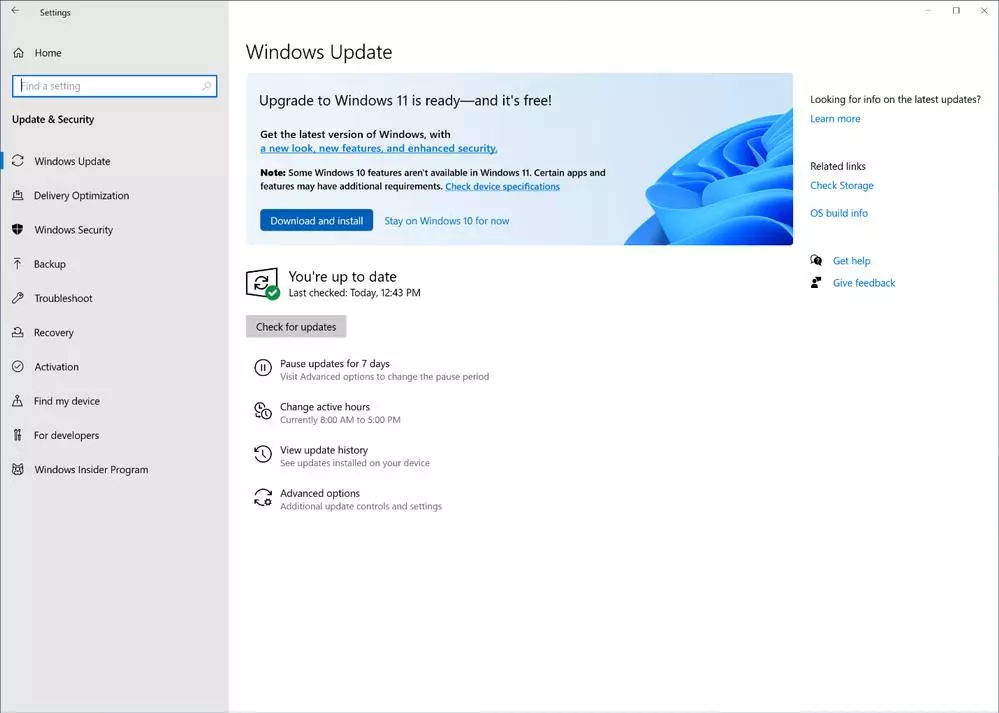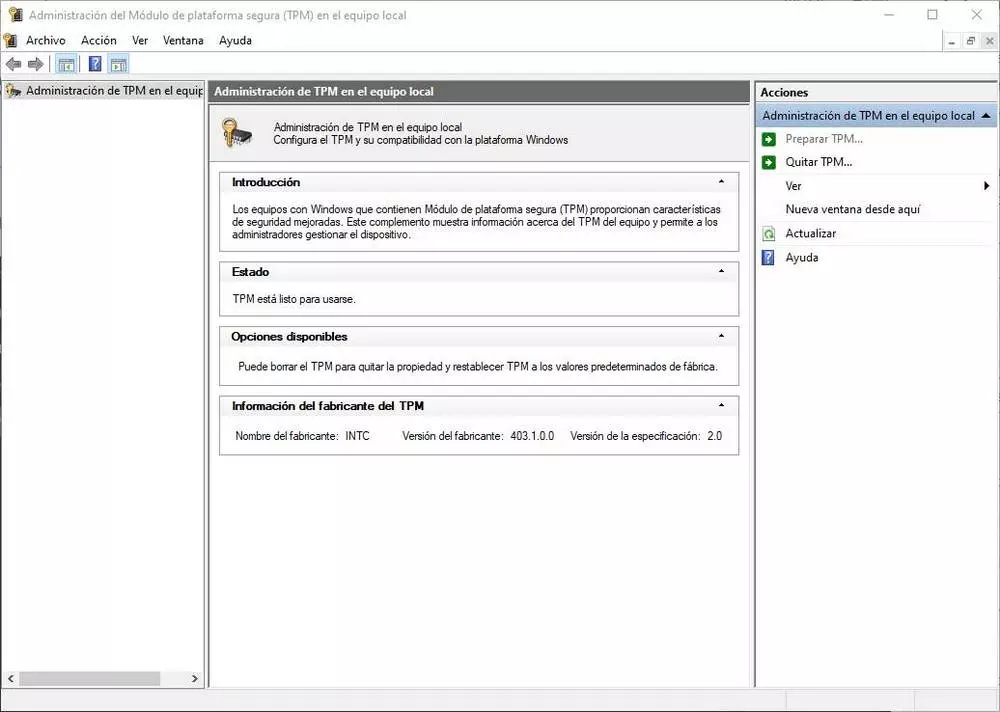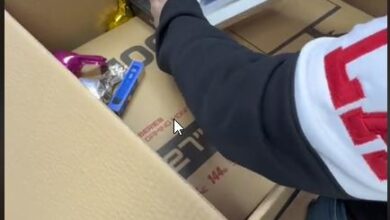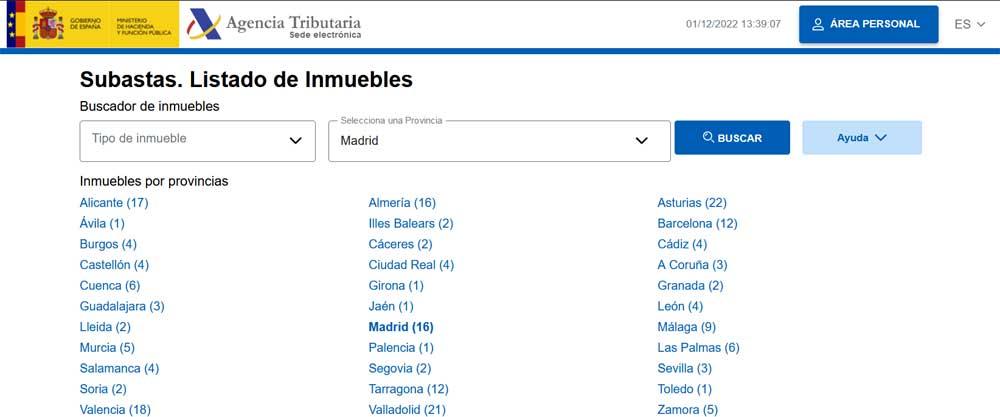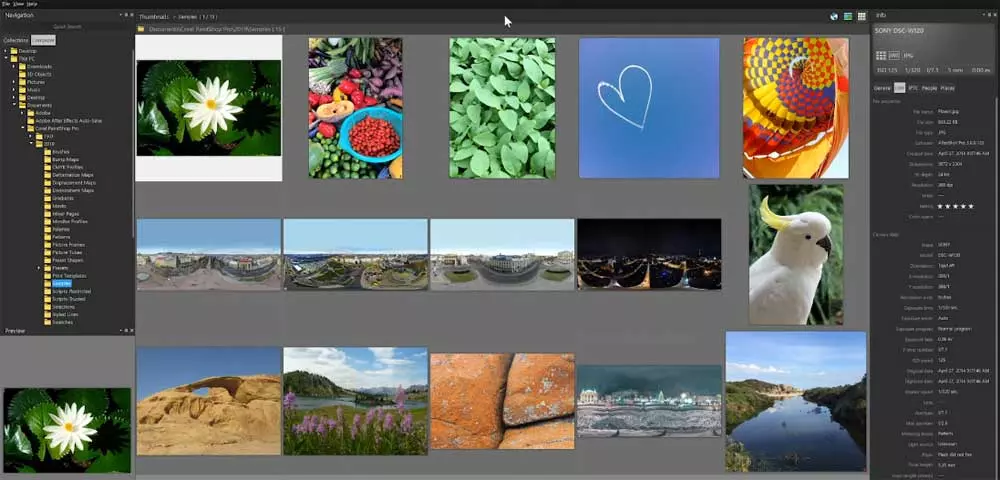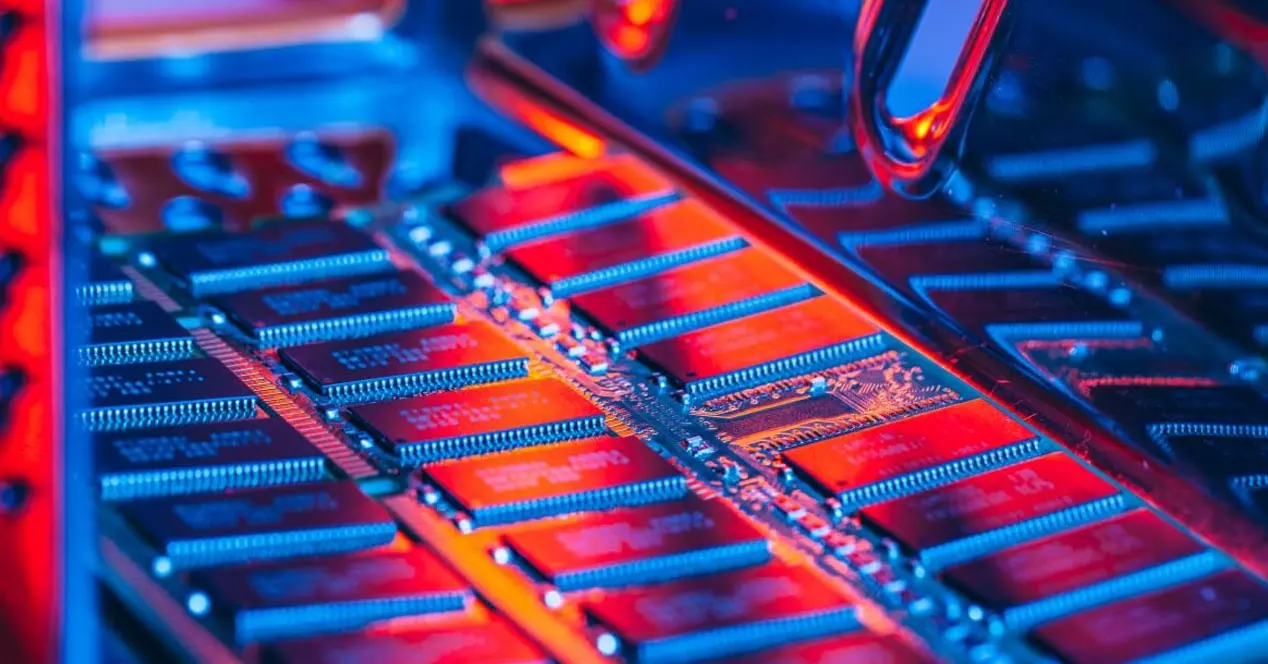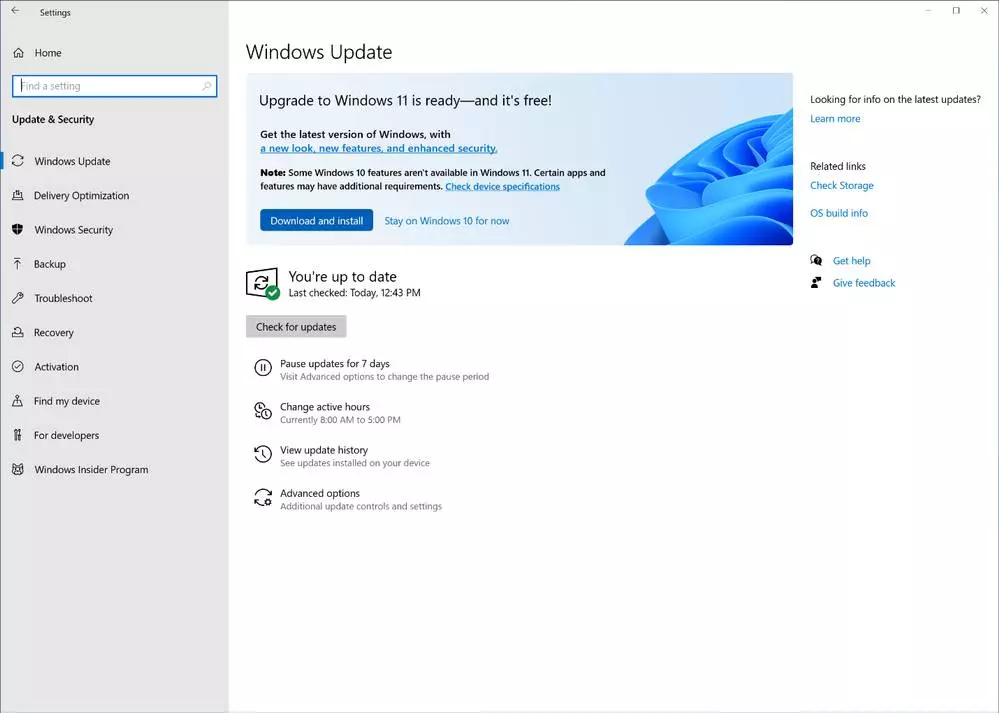
Despite the complaints and criticisms from users, Microsoft does not give its arm to twist, and it is that, either you comply with the requirements imposed, or if you update by force you will have problems. And the only solution the manufacturer offers is clear, straightforward and simple: if you can’t upgrade to Windows 11, just buy a new PC. So we can see it in this Windows blog post.
The controversial OS requirements
Surely by now we will know what the controversial requirements of the new operating system are. The truth is that, generally speaking, these are nothing to write home about. We have, for example, a CPU 64-bit, dual-core, 1 GHz speed, 4 GB RAM memory and 64 GB free space On the disk. Requirements that the vast majority comfortably meet. However, the problems come later. To be able to install the OS, the CPU must be an Intel 8th generation onwards (or AMD Ryzen 2000), have a UEFI system with Secure Boot, and a TPM 2.0 chip on the motherboard.
Any OEM computer sold for 5 years should come with these requirements, since manufacturers had to meet them to be able to bring Windows installed as standard. But those older PCs, or assembled by pieces may not meet some of them, especially the TPM 2.0.
Why these requirements? Windows 10 has had a lot of problems, especially when it comes to operating system updates. And this is due, in part, to the little control he had over computer hardware. By requiring the TPM 2.0 chip, Microsoft ensures that the equipment is relatively modern, and you have more control over the various parts of the PC to ensure that updates install without problems. In addition, the increase in RAM, CPU and available space ensures that the PC is powerful enough to move the OS smoothly.
But if the company can make a cut of this, why not?
Buy a new computer, but not just any: a Surface
As we can see in the Microsoft article, the company tries to give us several reasons to switch PCs. The first one is the performance that we will gain by having new hardware components. Relative power if we take into account, for example, that Windows 11 does not work on an Intel i7 6000 series, but it does on a new lower-end Celeron. It also reminds us of the importance of swap the hard drive for an SSD to take advantage of the improved performance of these drives.
But it also gives us some recommendations that must be taken a lot with tweezers. For example, the advantages of a 2-in-1 convertible device, having a touch screen or the “importance” of an integrated webcam for making video calls. All this with the clear and hidden intention of recommending buying a Microsoft Surface, the company’s own tablets.
What does Microsoft get out of asking us to buy a new computer? Very easy. In the case of Surfaces, the sale of its own tablets developed and manufactured by it. And in the case of PCs from other manufacturers, selling OEM licenses. If all computers could upgrade to Windows 11 for free, without problems, it would not sell new licenses, and that would mean a loss of revenue.
Can’t an old computer really run Windows 11? No. But Microsoft is not interested, and this is the best way to cap it and ensure new sales.
